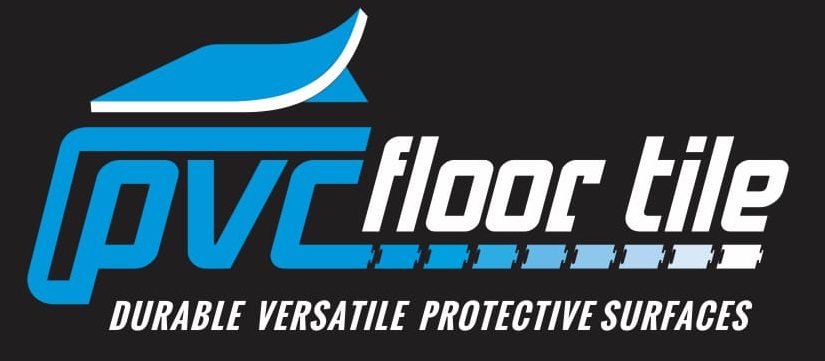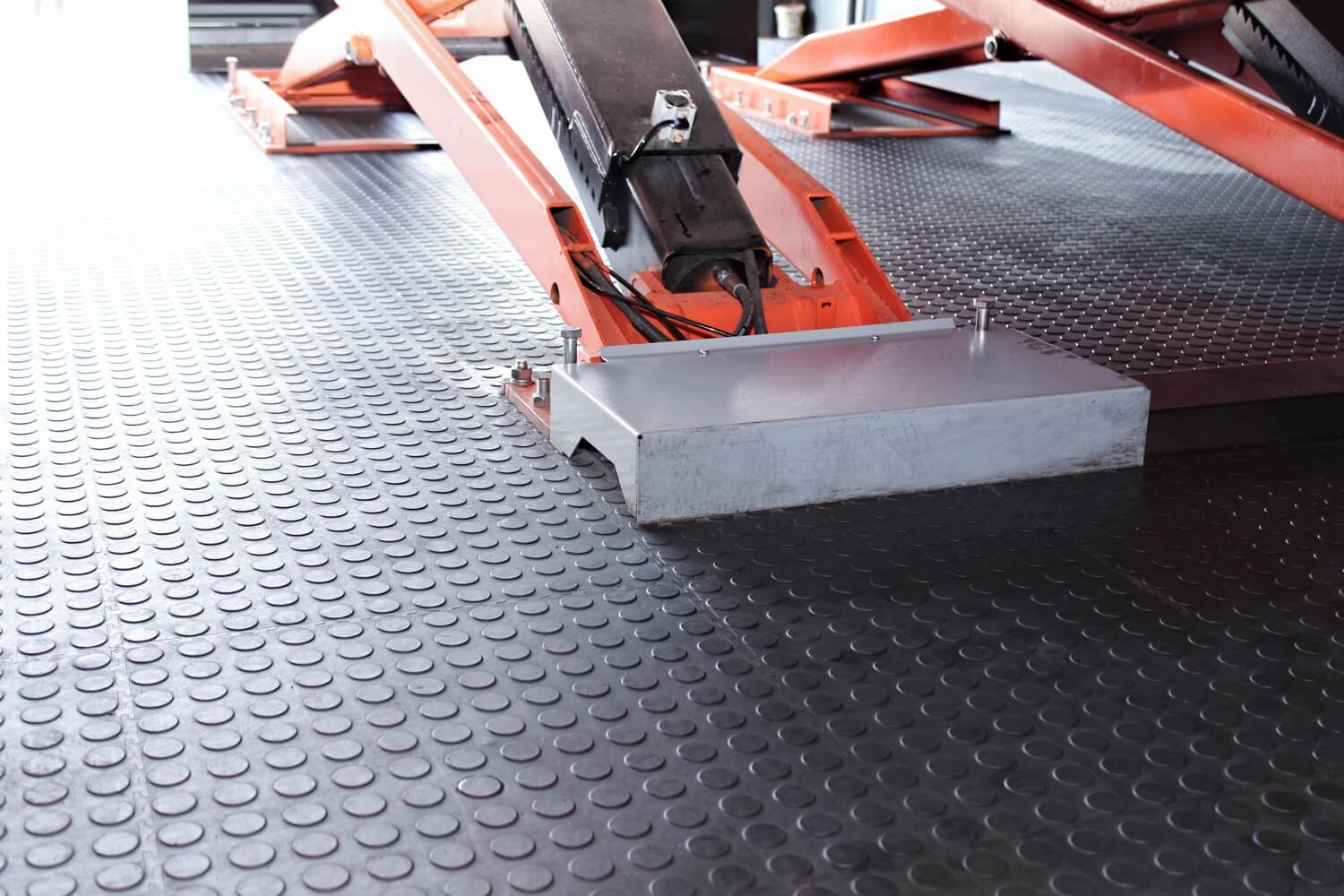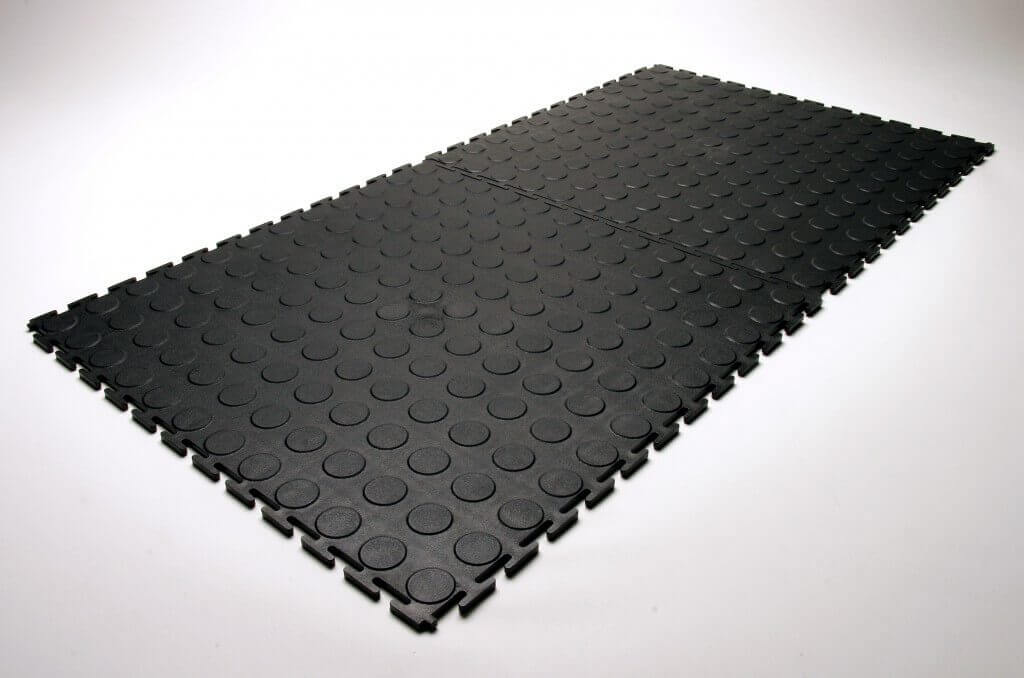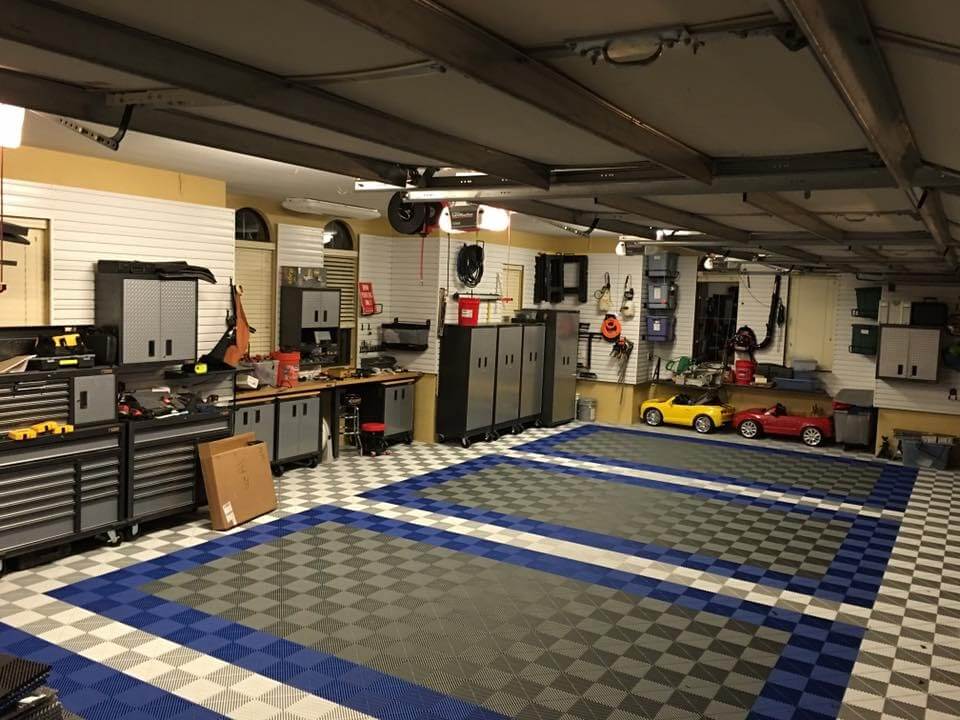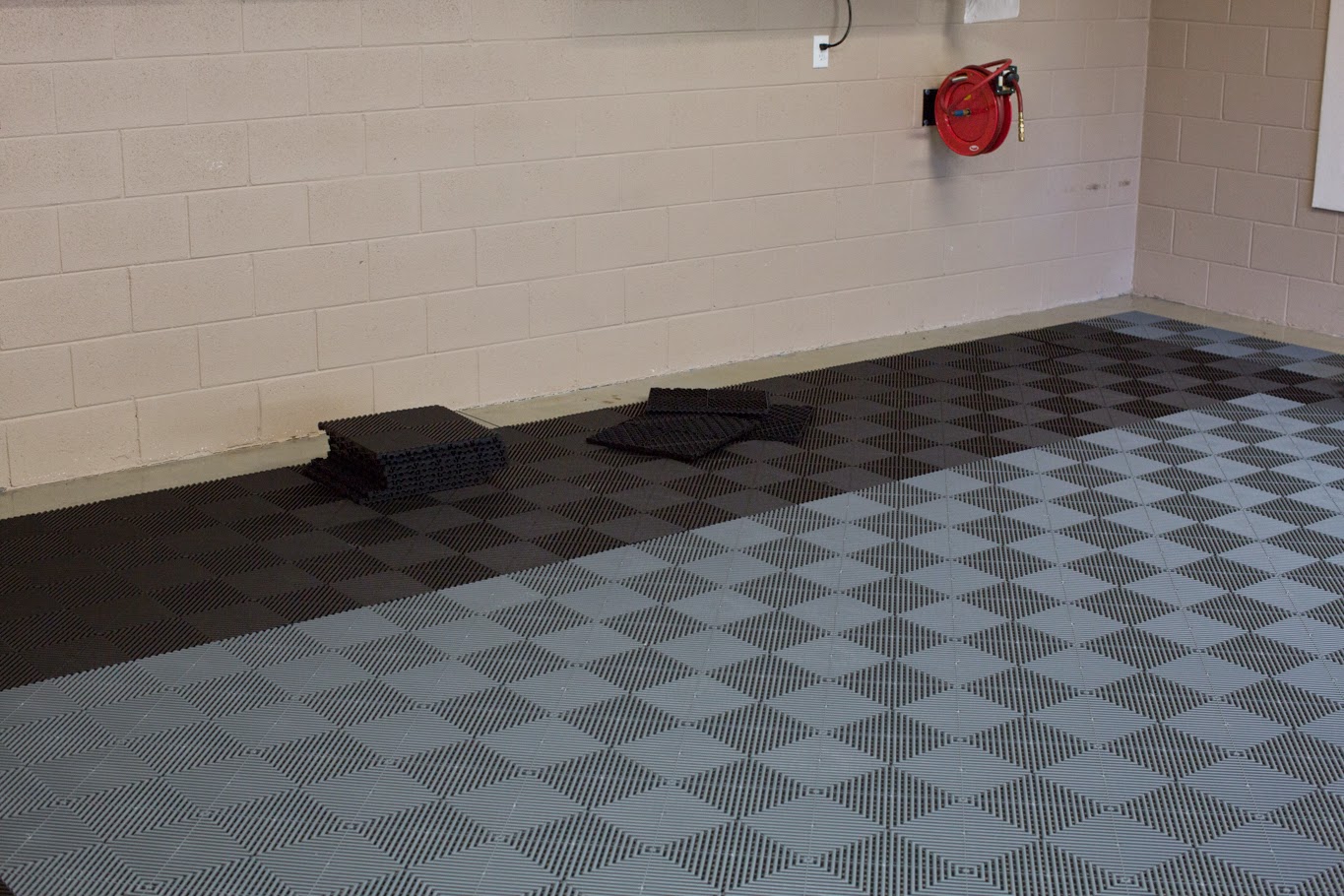Quality Rubber Floors Available
Rubber flooring is a type of floor covering made from rubber materials, such as recycled tires or synthetic rubbers. It’s commonly used in commercial and industrial settings, as well as in home gyms and playrooms. Rubber is more than just a material used in tires and pencil erasers. Rubber floors have quickly become the flooring of choice for many commercial and residential buildings.
As times change, so has the way we design our floors. Years ago, carpet or linoleum was the first to come to mind when choosing the best floor for an area; however, with their easy maintenance, durability and comfort, rubber floors have become increasingly popular .
Rubber floors offer a unique combination of functional benefits ranging from sound insulation to chemical-resistance. They provide good traction which makes them great for wet areas such as bathrooms or locker rooms. In this article, we will discuss why rubber flooring is becoming the go-to choose for many commercial and residential applications.
Who should buy our rubber floors?
Our rubber floor tile is durable and carry at least 6 months warranty and 1 year guarantee and is suitable for those who want to install either temporary flooring, those who want to do their garage floors, heavy-duty floors, commercial flooring, domestic floors, animal rubber mats, kitchen rubber mats and many more.
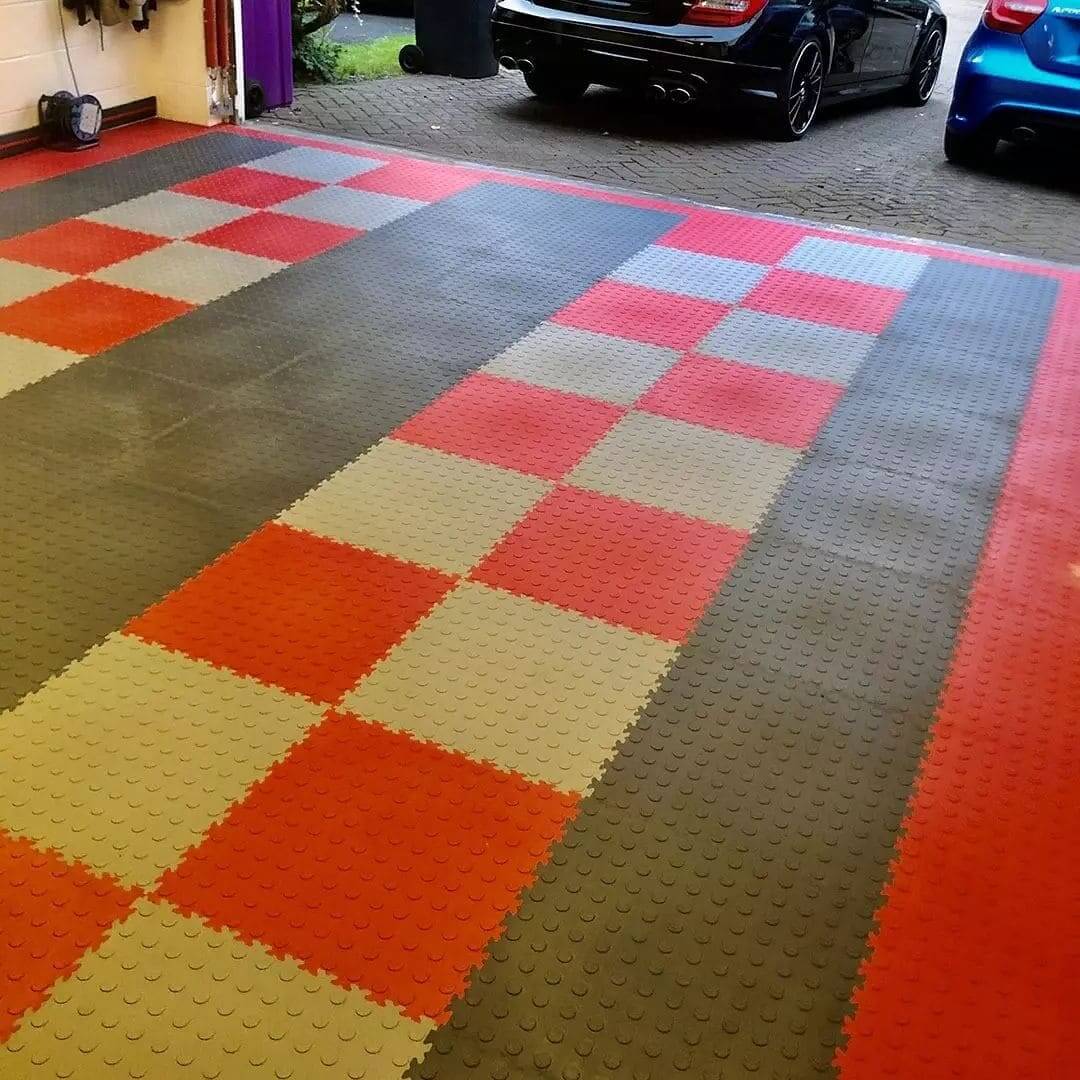
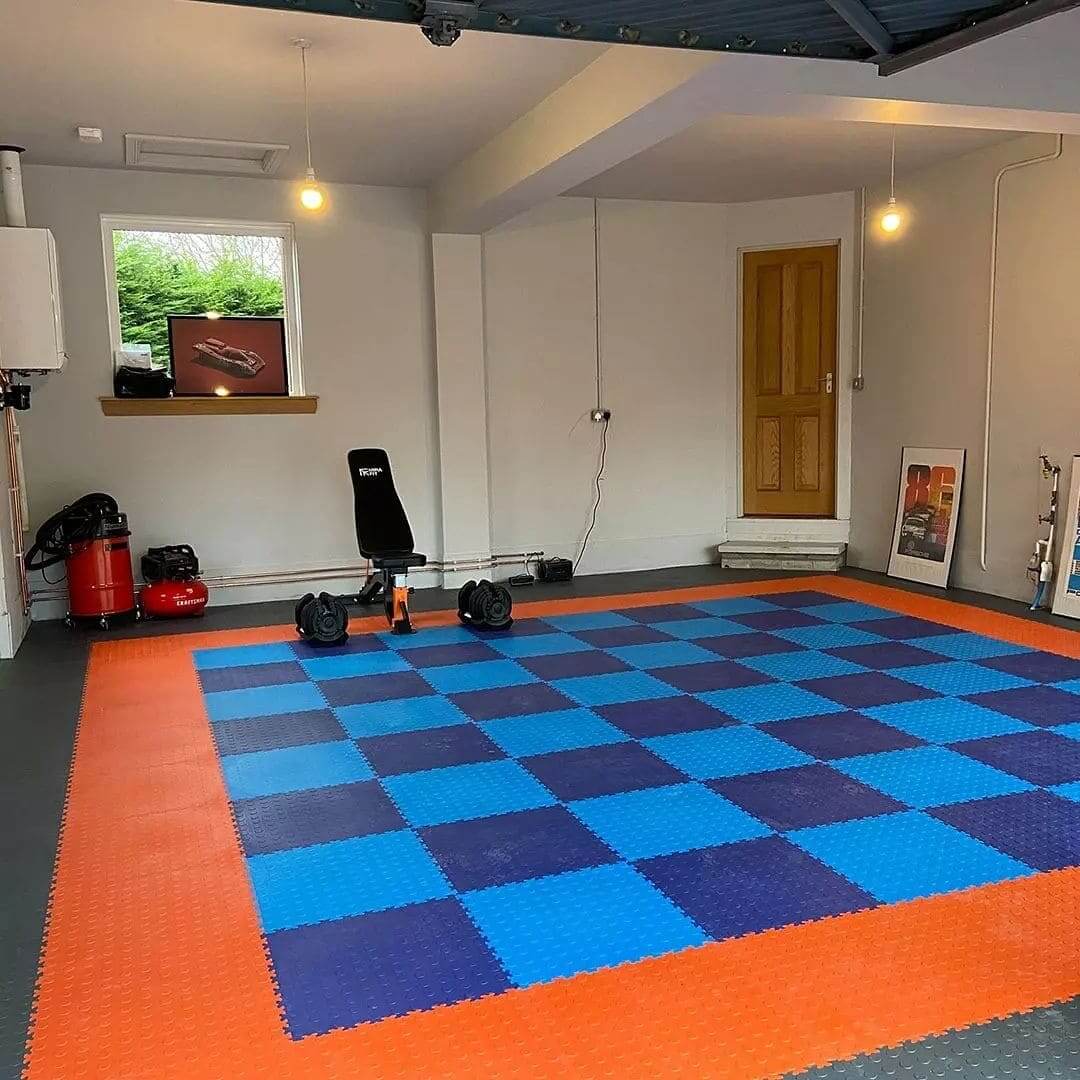
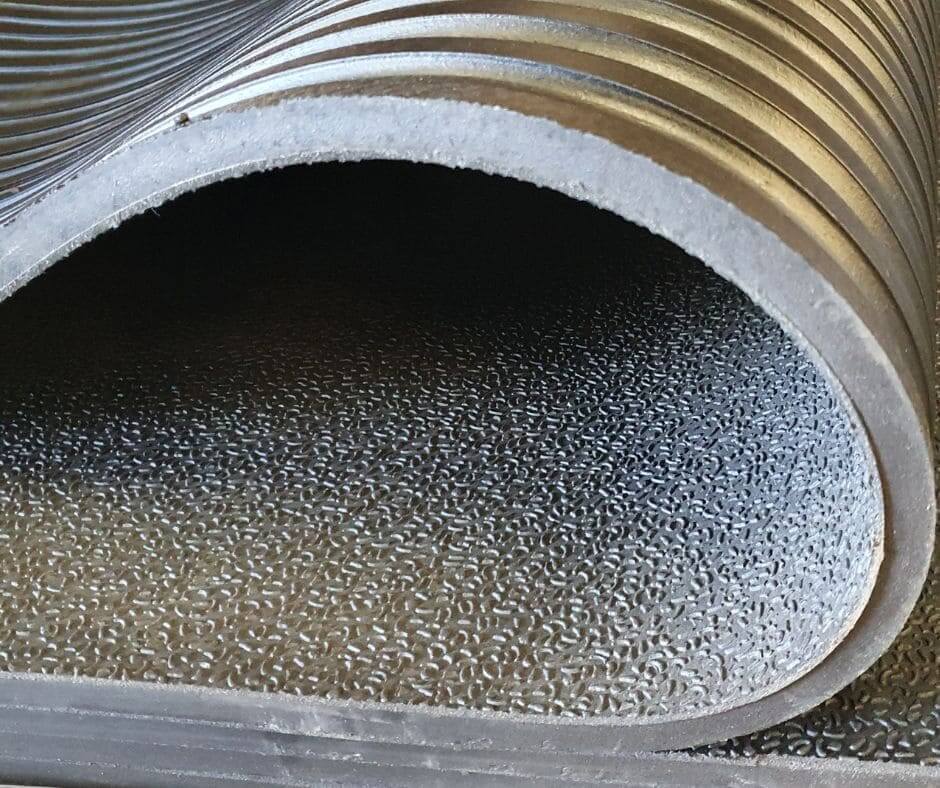
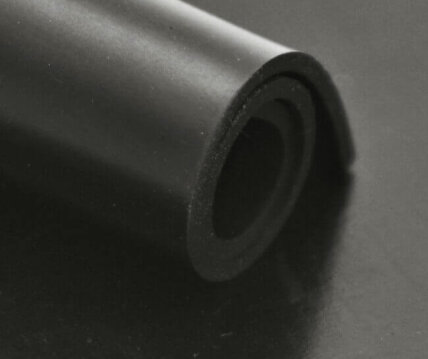
- Interlocking rubber mats: These are rubber mats that can be easily connected to form a larger matting surface. They are often used in gyms, play areas, and workshops.
- Rubber rolls: Rubber rolls refer to large sheets of rubber that are typically used for flooring and are available in a variety of thicknesses, widths, and lengths. Rubber rolls are commonly used in commercial and industrial settings, as well as in residential applications, for a few reasons.
- Anti-Fatigue rubber mats: These mats are designed to provide comfort and support for people who stand for long periods of time. They are often used in industrial and commercial settings, as well as in kitchens and laboratories.
- Entrance mats: These mats are placed at the entrance of buildings to help remove dirt and moisture from shoes. They are often made from a durable rubber material that can withstand heavy foot traffic.
- Stable mats: These mats are used in stables and barns to provide a comfortable and safe surface for horses to stand on.
- Wet area mats: These mats are designed to be used in wet areas, such as showers, swimming pools, and saunas. They are slip-resistant and often made from a quick-drying material.
- Playground mats: These mats are designed for use in playgrounds and are made from a shock-absorbing rubber material to help protect children from injury.
- Gym mats: These mats are designed for use in gymnasiums and fitness centres. They are often made from a durable and supportive rubber material that can withstand heavy weight and impact.
Each type of rubber mat has its own unique features and benefits, so it is important to choose the right one for your specific needs and requirements.
For all types of rubber mats they possess the same features and benefits though they might be uniquely for one purpose in physicality the functionality will always the same
Features and benefits.
Durability: Rubber flooring is resistant to wear and tear, making it suitable for high-traffic areas.
Slip-resistance: The texture of rubber flooring provides good traction, making it slip-resistant, which is especially important in wet or slippery environments.
Comfort: Rubber flooring provides a soft and cushioned surface, making it comfortable to stand or walk on for long periods of time.
Easy maintenance: Rubber flooring is easy to clean and maintain, and it’s also resistant to water, stains, and bacteria.
Eco-friendly: Many rubber flooring products are made from recycled materials, making them an environmentally friendly choice.
- High Durability
- Safety
- Great Comfort
- Good Sound Absorption
- Environmentally Friendly
- Easy to Maintain
- Aesthetic Appeal
- Cost: Rubber flooring can be more expensive than other flooring options, such as carpet.
- Maintenance: Though easy to clean rubber flooring requires regular cleaning and maintenance to keep it looking its best. This can include sweeping, mopping, and using a special cleaner to remove any stains.
- Slip resistance: While rubber flooring is generally slip-resistant, it may not be suitable for high-traffic areas where there is a risk of slipping, such as in a swimming pool or shower area. One need to get the right type of rubber floors for wet areas.
- Durability: Although rubber flooring is durable, it can be prone to tears, cuts, and punctures if it is not installed or maintained properly.
- Odour: Some types of rubber flooring may emit an odour, especially when they are first installed. This can be unpleasant and can linger for several.
- Allergic reactions: Some people may be allergic to the materials used in rubber flooring, such as latex or recycled tire rubber, which can cause skin irritation or breathing difficulties.
- Limited design options: Rubber flooring may not be suitable for all design styles, and it can be difficult to match with other flooring or decor.
Intended use / Application of Rubber Floors
Rubber floors are a popular flooring option.
- Gymnasium
- Garage floors
- Playground floors
- Entrance matting
- Workshop flooring
- Warehouse
CTA: Learn more about rubber floors and find the right solution for your needs by visiting our website www.pvcfloortile.co.za or call our hotline +27112025143
